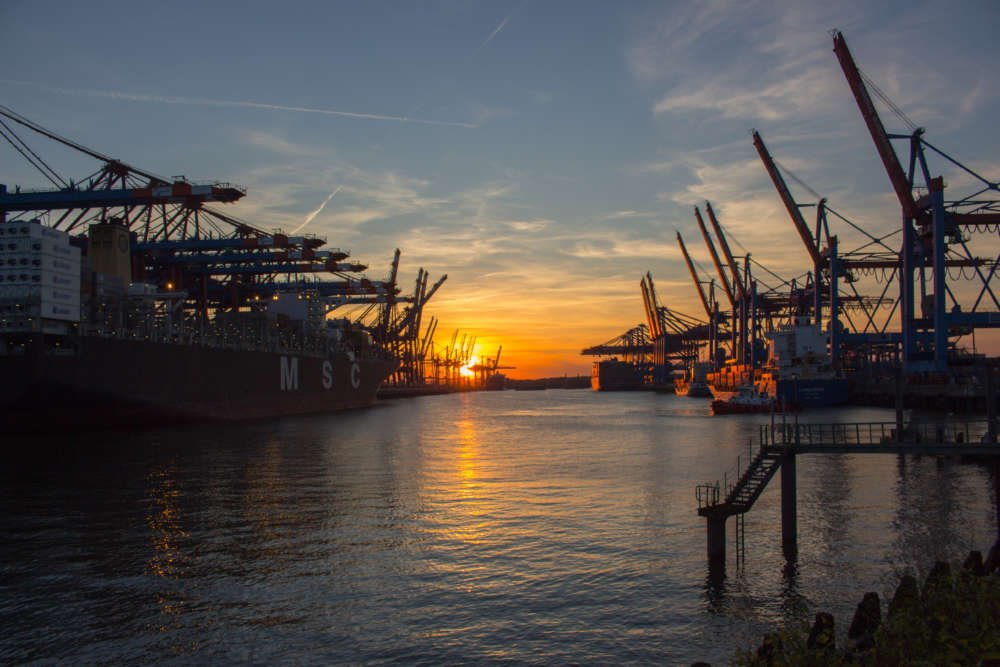Deloitte: Should GCC countries re-calibrate their strategies given low oil prices?
Published by linker 5
Posted on July 2, 2020
3 min readLast updated: January 21, 2026

Published by linker 5
Posted on July 2, 2020
3 min readLast updated: January 21, 2026

The dual crisis engendered by the conflict over production levels within OPEC + and the reduced demand caused by the COVID-19 pandemic have prompted a global, sector-wide downturn in the Oil and Gas (O&G) industry that has left the oil-dependent economies vulnerable in terms of fiscal revenue. Demand for oil has fallen by over 18 percent since the beginning of the year, leading to a steep decline of more than 70 percent in the price of oil. Deloitte has just released its new report, Impact of oil industry crisis on the GCC and potential responses, which explores different potential responses GCC countries can take to address the impact of the oil industry crisis on their economies.
“The oil industry is facing its gravest crisis in 100 years, leading to a steep decline in fiscal revenues for many countries in the GCC. With the global economic downturn signaling lasting reduced oil prices, we looked at whether some countries in the region, particularly Saudi Arabia, would benefit from re-calibrating their visions by prioritizing the most resilient transformation programs to stimulate their future economies,” explains Bart Cornelissen, Monitor Deloitte Partner, and Energy, Resources & Industrials Leader at Deloitte Middle East.
The Deloitte report finds that GCC economies have different options with regards to their development programs aimed at diversifying their economies. These options include among others accelerate the process of change, slow down the journey or scale back the vision.
The Deloitte report identifies four key dimensions with key questions to be considered in order to properly assess the various options and respond with resiliency. The first dimension focuses on crafting the strategic direction of the transformation, the second dimension focuses on understanding the future fiscal position, the third focuses on navigating the required investment and policy enablers and the fourth focuses on layout out the future blueprint for governance and socio-economic effects.
“Governments and leadership worldwide are being faced with the most difficult choices, each subject to multi-dimensional challenges and associated risk. The manner in which leadership responds in the next few months will be critical in maintaining, as well as boosting trust among all stakeholders involved,” says Cornelissen. “At the same time, any response will shape the foundation for future relationships, both in the internal and external ecosystem of any country.”
“In choosing the strategic direction and its underlying measures to address the longer-term crisis, leaders have the opportunity to not only tackle today’s challenges but also preempt and address future ones by undertaking the right approach today,” concludes Neal Beevers, Government & Public Sector Partner, Monitor Deloitte Middle East.
Explore more articles in the Investing category











